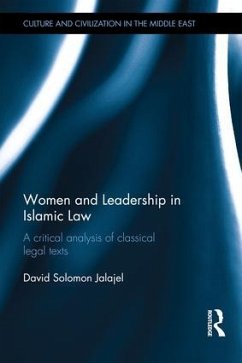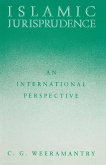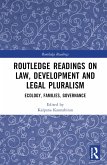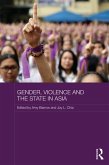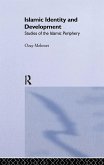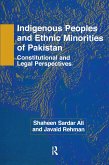Islamic law has traditionally prohibited women from being prayer leaders and heads of state. This book examines the assumption within much existing scholarship that the patriarchal nature of pre-Islamic and early Muslim Near Eastern Society is the main reason for this. It claims that the evolution of Islamic law was a complex process, shaped by numerous cultural, historical and political factors, as well as scriptural sources whose importance cannot be dismissed. The book examines a broad survey of legal works from the four canonical Sunni schools of law to determine what factors influenced the development of the legal rulings prohibiting women from assuming leadership roles.

